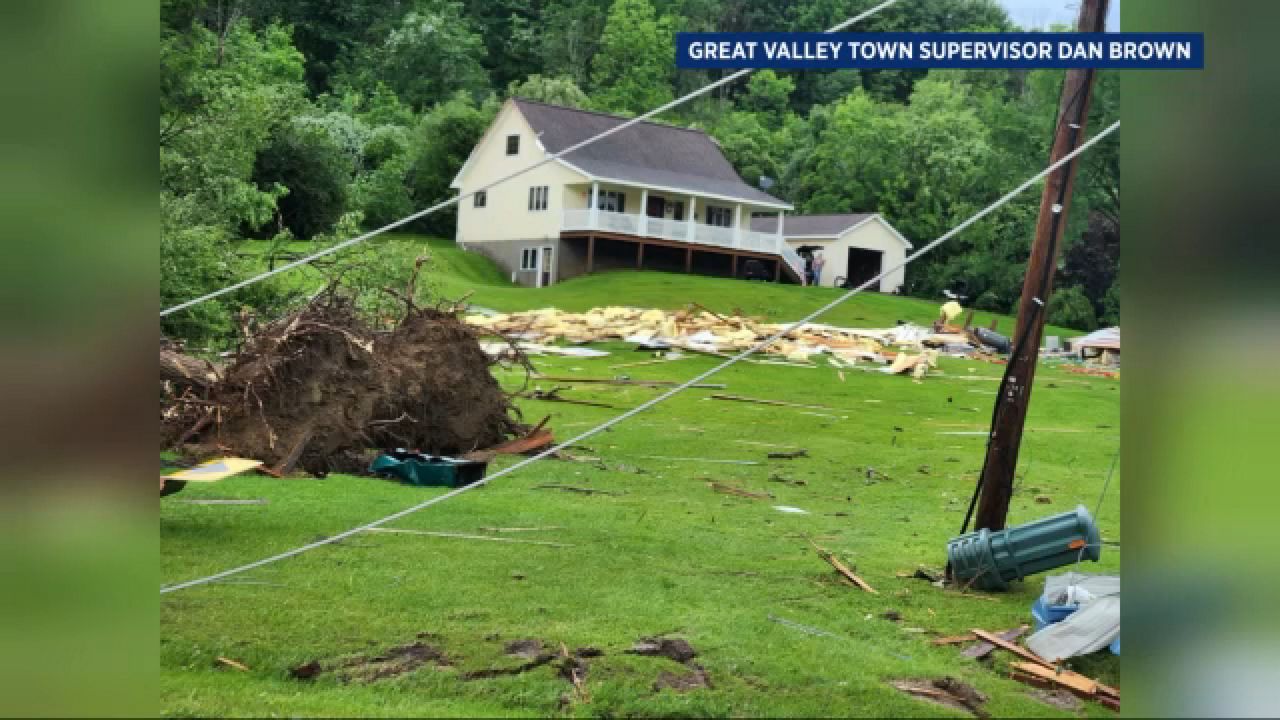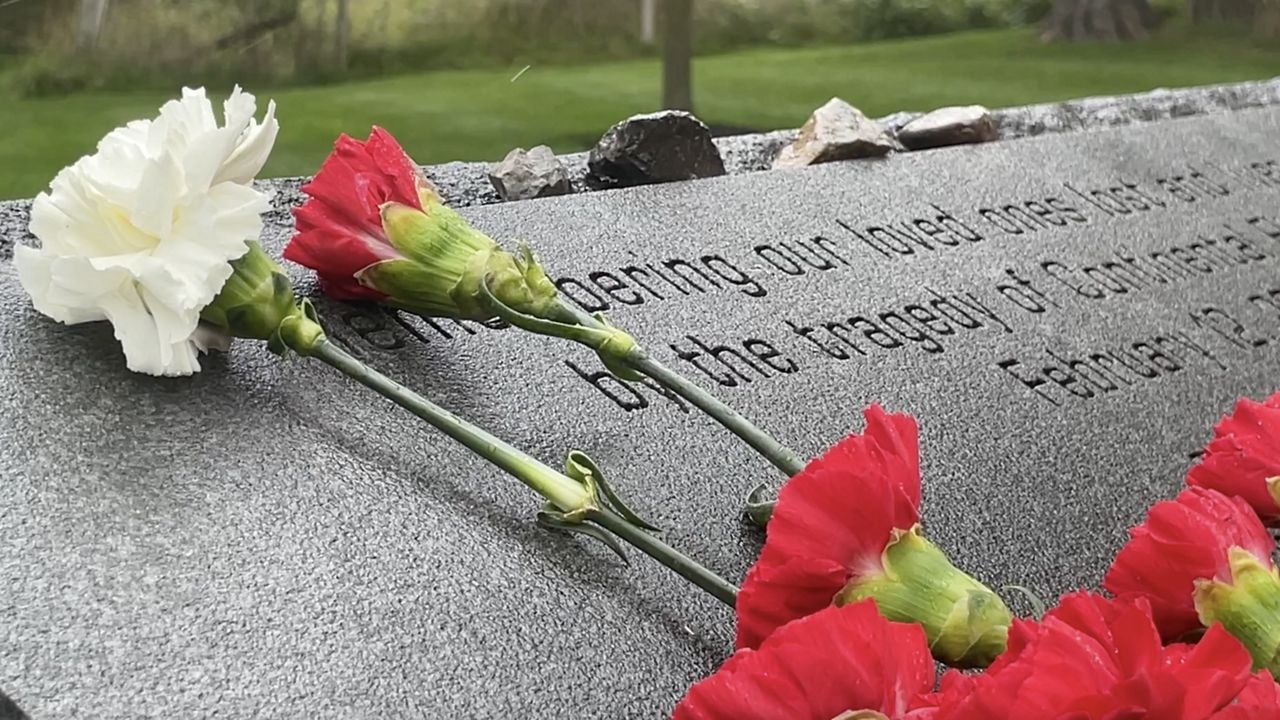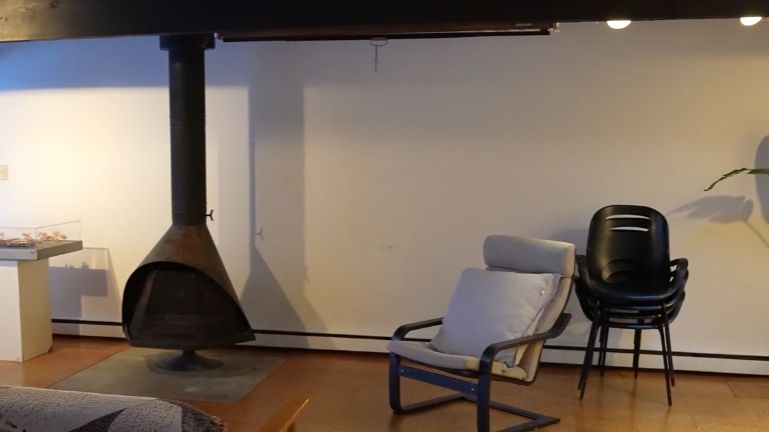AMHERST, N.Y. — The national veterinary staff shortage continues to impact everything from pets to livestock and the local economy. Spectrum News 1 goes inside where there’s some help coming, academically speaking, even after one of the programs in New York’s second largest city went away.
"There aren't too many opportunities in higher education where you can start a program from base zero," said Trocaire College President Bassam Deeb.
This upcoming school year at Trocaire College is going to be a bit different.
"Last year, this time, we were just talking in generality and thinking about what could be to now Aug. 26, we'll stand up a group of students," he said.
It comes on the heels of another institution being shut down, but some of the same staff are keeping the mission going.
"We have started a veterinary assisting program, which is through workforce development, and then we have built a veterinary technology program," said Dr. Katie Fitzgerald, who we last spoke with at the now-defunct Medaille University.
She's now spearheading the Trocaire outfit, the goal of which is to help produce vet techs to help with the national shortage across all veterinary medicine. It even includes crafting a program that can accommodate some of the workload from anywhere, online.
"It's really designed to help accommodate lots of different students and their needs moving forward," she said.
Keeping a program in the area also has some benefits: a new facility is being built and they'll also being able to help out the local SPCA for field experience.
"This should open up lots of new avenues. We should be able to hold some community events here, possibly some vaccine clinics, maybe spay-neuter clinics down the line and, you know, open it up to the to the public and kind of help serve the needs of the animals in the community," said Fitzgerald.
As good as the networking and growth will be, colleges these days are a business, and Deeb is leaning into both aspects.
"We see it both as responsive to the community, but also it makes sense,” he said. “While veterinary technology is in the agricultural field, it is in line with what we're known for. Career-focused individuals can come in over a short period of time, can get their credentials and be able to get into the world of work."
The students will work in the lab along Transit Road just outside of Buffalo and eventually help treat pets and livestock across the state.
"Most people who go into those have a sense of duty and service and commitment, and that's what prompts them to pursue those options," said Deeb.
So it's one program helping fill the void of another.
"To have a program, a veterinary technology program in Buffalo, to be able to help fill the need for the veterinary facilities in Buffalo and surrounding areas is really important," said Fitzgerald.
Trocaire has secured an extra $216,000+ from the state to help stand up that program, but that’s just going into what needs to go inside the facility being built.
They are actively recruiting for those veterinary programs that kick off at the end of August and will help for years to come.









